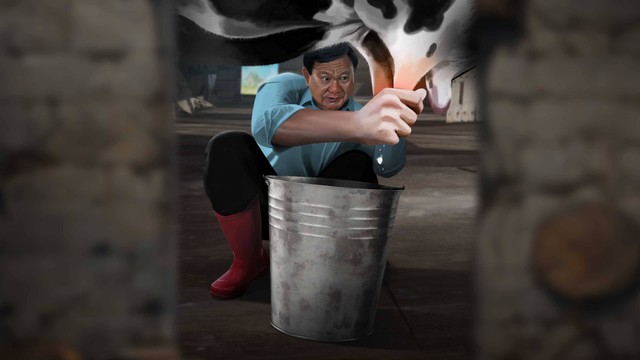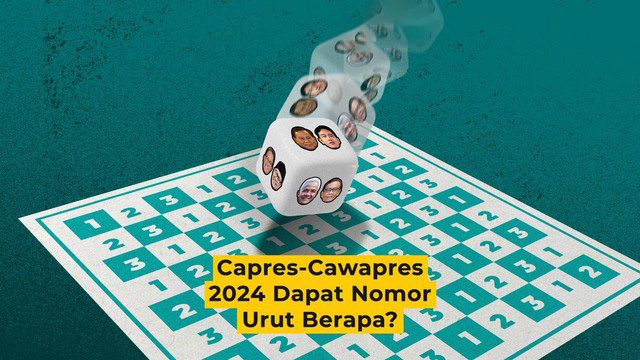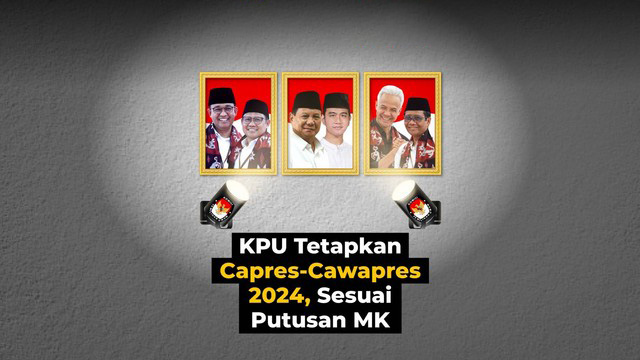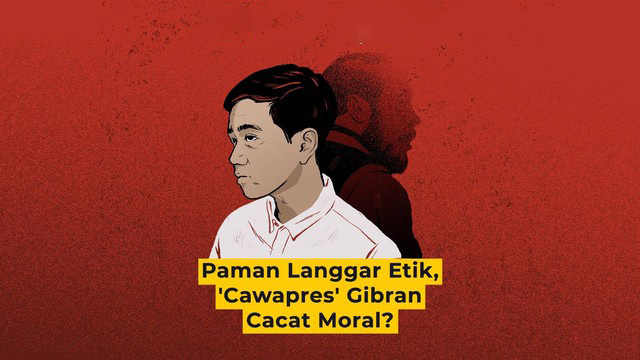The Psychology of Mythical Characters in Modern Entertainment
1. Introduction to Mythical Characters in Modern Entertainment
Mythical characters—such as gods, monsters, and legendary heroes—have been woven into human culture for millennia, serving as vessels of collective storytelling that encode moral values, cultural identities, and existential questions. These figures originate from ancient mythologies across diverse civilizations, from Greek and Norse to Egyptian and Asian traditions, often embodying universal themes of power, morality, and human vulnerability.
In recent decades, we observe a significant transition of these mythic archetypes from ancient texts and oral traditions into the vibrant realm of contemporary media—films, video games, comics, and digital storytelling platforms. This shift not only revitalizes these characters but also adapts them to resonate with modern audiences, reflecting societal changes and technological advancements.
Understanding the psychological impact of these reimagined mythical figures offers valuable insights into how they influence identity, cultural values, and emotional well-being. By exploring their representations, we can grasp why mythic characters remain compelling and how they shape our collective consciousness today.
Contents
- The Psychological Foundations of Mythical Characters
- Modern Reinterpretations of Mythical Figures
- The Role of Mythical Characters in Audience Psychology
- The Psychology Behind the Popularity of Mythical Characters
- “Le Zeus”: A Case Study in Modern Mythical Character Reimagining
- Symbolism and Game Mechanics as Psychological Tools
- Non-Obvious Aspects of Mythical Characters in Media
- The Future of Mythical Characters in Entertainment
- Conclusion: The Enduring Power of Myth in Shaping Human Experience
2. The Psychological Foundations of Mythical Characters
a. Archetypes and their universal appeal
Carl Jung’s theory of archetypes suggests that certain symbols and character types are embedded in the collective unconscious of humanity. Mythical figures—such as the hero, the wise old man, or the trickster—are archetypal constructs that evoke a sense of familiarity and psychological resonance across cultures. For example, the Greek hero Hercules embodies strength and perseverance, traits that resonate universally regardless of cultural background.
b. Myth as a reflection of human consciousness and fears
Myths serve as symbolic representations of human fears, desires, and moral dilemmas. For instance, dragons in mythology often symbolize chaos or danger, mirroring societal fears of the unknown. These stories help individuals process complex emotions—such as fear of death or moral ambiguity—by externalizing them into mythical conflicts.
c. Emotional resonance and identity formation through myth
Mythical characters provide models of behavior and serve as anchors for personal and collective identity. When audiences see themselves reflected in mythic heroes or villains, it fosters a sense of belonging and understanding. This emotional connection can influence moral development and reinforce cultural values over generations.
3. Modern Reinterpretations of Mythical Figures
a. Creative adaptations in films, games, and comics
Contemporary media frequently reimagine mythic characters, blending traditional stories with modern themes. Films like Marvel’s Thor or the animated series depicting Egyptian gods exemplify how creators adapt myth to appeal to new generations, often emphasizing relatable human traits or current social issues.
b. The role of humor and satire in reimagining myth
Humor and satire serve as powerful tools to reinterpret mythic figures, making them accessible and engaging. For example, characters like “Le Zeus” (an illustrative example) depict a humorous take on the mighty god, transforming authority into comic relief. Such approaches reduce intimidation and foster a sense of familiarity, especially among younger audiences.
c. Case studies: From classical gods to comic relief characters
Classical gods have been transformed into parody figures or protagonists in humorous narratives. This not only entertains but also allows for critical reflection on cultural notions of power and morality, as seen in satirical comics or parody movies.
4. The Role of Mythical Characters in Audience Psychology
a. How familiarity fosters connection and engagement
Repeated exposure to mythic archetypes creates a sense of familiarity, which enhances emotional engagement. When audiences recognize traits of Zeus or Odin in modern characters, it triggers subconscious associations, strengthening their connection to the story.
b. Mythical characters as symbols of cultural values and fears
These figures embody societal ideals and anxieties. For example, the hero’s journey encapsulates virtues like courage and sacrifice, while monsters reflect fears of chaos or the unknown. Their portrayal influences cultural perceptions and individual worldview.
c. Impact on self-identity and social belonging
Engaging with mythic characters in media helps individuals forge a sense of identity and community. Fans of myth-inspired stories often find a shared language and cultural touchpoints, reinforcing social bonds and personal meaning.
5. The Psychology Behind the Popularity of Mythical Characters
a. Cognitive biases and the allure of the extraordinary
Humans are naturally attracted to extraordinary phenomena due to cognitive biases like the Pareidolia or the availability heuristic. Mythical characters exemplify the extraordinary, offering a cognitive escape from mundane reality.
b. The escapism factor in modern entertainment
Modern entertainment provides immersive worlds where mythical beings wield immense power, satisfying the human desire for escapism. Games, films, and virtual environments allow audiences to transcend ordinary limits, engaging emotional and cognitive processes.
c. Emotional catharsis and moral lessons embedded in myth adaptations
Mythical stories often incorporate moral lessons and emotional catharsis—purging feelings through storytelling. For example, hero narratives teach resilience, while tragic myths evoke empathy and self-reflection.
6. “Le Zeus”: A Case Study in Modern Mythical Character Reimagining
a. Overview of “Le Zeus” as a gaming product
“Le Zeus” exemplifies how mythological figures are adapted into contemporary entertainment products. As a slot game, it integrates myth-inspired symbols and mechanics, aiming to attract players through familiar yet innovative themes.
b. How “Le Zeus” redefines the powerful mythological figure as humorous and entertaining
Unlike traditional depictions of Zeus as an awe-inspiring deity, “Le Zeus” presents a humorous, approachable version—emphasizing comic relief and nostalgia. This transformation aligns with the psychological appeal of familiarity combined with lighthearted entertainment, making myth more accessible.
c. Psychological appeal: humor, comic relief, and nostalgia
Humor reduces intimidation and fosters positive emotion, encouraging prolonged engagement. Nostalgia triggers comforting memories of mythic stories, reinforcing emotional bonds—an effect well-documented in consumer psychology.
For more insights into how such adaptations leverage psychological principles, visit le-zeus-slotgame.uk.
7. Symbolism and Game Mechanics as Psychological Tools
a. Low-paying symbols (α, δ, π, Φ) and their mythological connotations
Symbols like α (alpha) and δ (delta) evoke notions of beginnings and change, rooted in Greek alphabet symbolism. π (pi) symbolizes mathematical infinity, while Φ (phi) relates to the golden ratio, representing harmony—each connecting to mythic themes of order, chaos, and divine proportion.
b. “FeatureSpins™” modes: enhancing engagement and thrill
Innovative features such as “FeatureSpins™” trigger anticipation and excitement, leveraging psychological principles like intermittent reinforcement. These mechanics tap into the brain’s reward system, encouraging continued play and emotional investment.
c. The interplay of symbolism and player psychology in gameplay
Symbolic elements influence player perception, creating narratives within the game. Familiar mythological symbols can evoke subconscious associations, heightening engagement through meaning and emotional resonance.
8. Non-Obvious Aspects of Mythical Characters in Media
a. Mythical characters as tools for social commentary and critique
Creators often use mythic figures to critique social norms or political issues. Satirical portrayals of gods or heroes highlight contemporary power dynamics, fostering reflection and dialogue among audiences.
b. The influence of modern technology on myth reinterpretation
Digital media amplifies myth reinterpretation, enabling interactive storytelling and immersive environments. Virtual reality experiments, for instance, make mythic worlds more tangible, influencing psychological engagement and cultural perceptions.
c. Ethical considerations in transforming sacred myths for entertainment
While reimagining myths fosters creativity, it raises ethical questions about cultural appropriation and sacredness. Respectful adaptation requires balancing innovation with cultural sensitivity to avoid trivialization or misrepresentation.
9. The Future of Mythical Characters in Entertainment
a. Emerging trends: virtual reality, interactive storytelling
Advancements in virtual and augmented reality will deepen immersion, allowing audiences to interact with mythic worlds firsthand. Interactive stories can adapt dynamically to user choices, enhancing emotional and cognitive engagement.
b. Potential psychological impacts of increasingly immersive myth adaptations
While immersive myth experiences can foster empathy and learning, they may also blur reality boundaries, potentially leading to escapism or emotional overload. Responsible design is essential to maximize benefits and mitigate risks.
c. Balancing respect for mythology with creative innovation
Future storytelling must respect the cultural origins of myths while exploring new narrative forms. This balance ensures that mythic characters continue to serve as meaningful psychological and cultural tools.
10. Conclusion: The Enduring Power of Myth in Shaping Human Experience
Mythical characters persist as vital symbols in modern entertainment because they tap into deep psychological themes—archetypes, fears, desires—that transcend time and culture. Their reimagining in contemporary media, from humorous portrayals like “Le Zeus” to immersive virtual worlds, demonstrates how myths evolve yet retain their core influence on human consciousness.
“Myths are not just stories of the past—they are living symbols that continue to shape our understanding of ourselves and the world.” — Adapted from Carl Jung
As cultural products like games and media continue to innovate, they serve as both entertainment and psychological tools, fostering connection, reflection, and growth. The ongoing reinterpretation of mythic characters ensures their relevance, illustrating the timeless power of myth in human experience.


















